Why Can’t the Indian Government Fix Manipur?
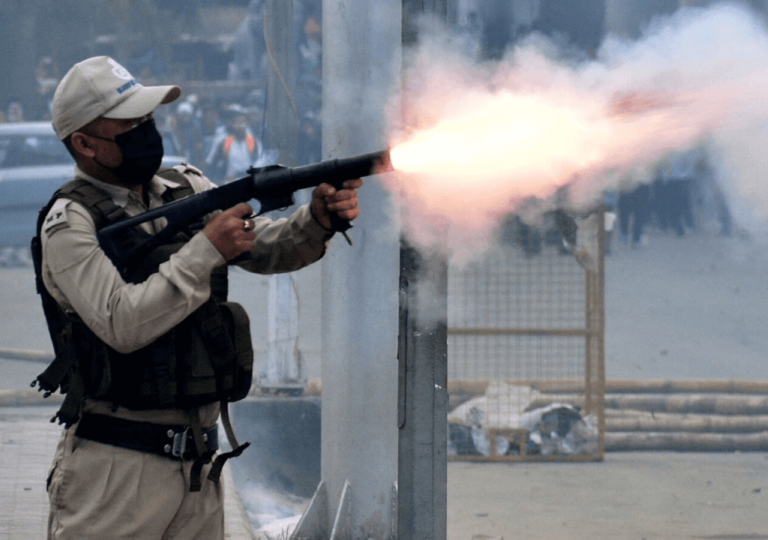
Ethnic clashes in India's northeast, rooted in generational tribal animosities, have escalated into a civil war-like situation in Manipur

Ethnic clashes in India's northeast, rooted in generational tribal animosities, have escalated into a civil war-like situation in Manipur
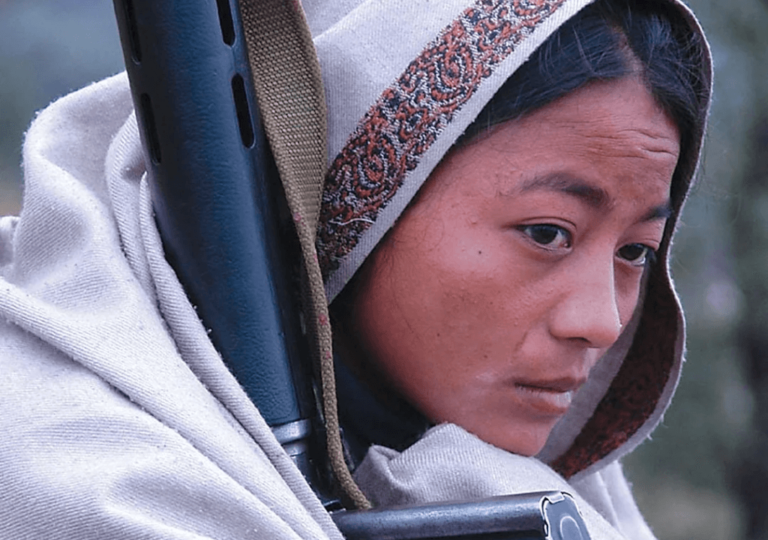
Nepal's civil war victims await justice 20 years after thousands were tortured, raped, killed, and disappeared during the 1996-2006 conflict
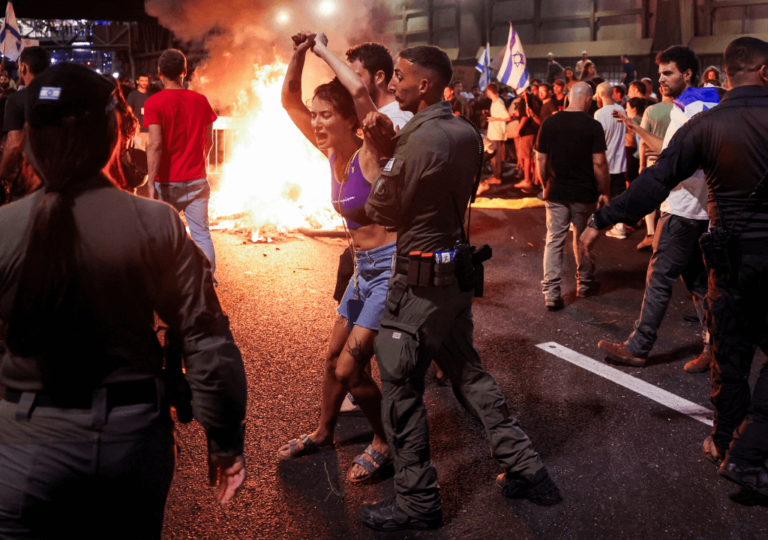
Protests erupt in Israel demanding a ceasefire and the return of hostages after six bodies were discovered in Gaza
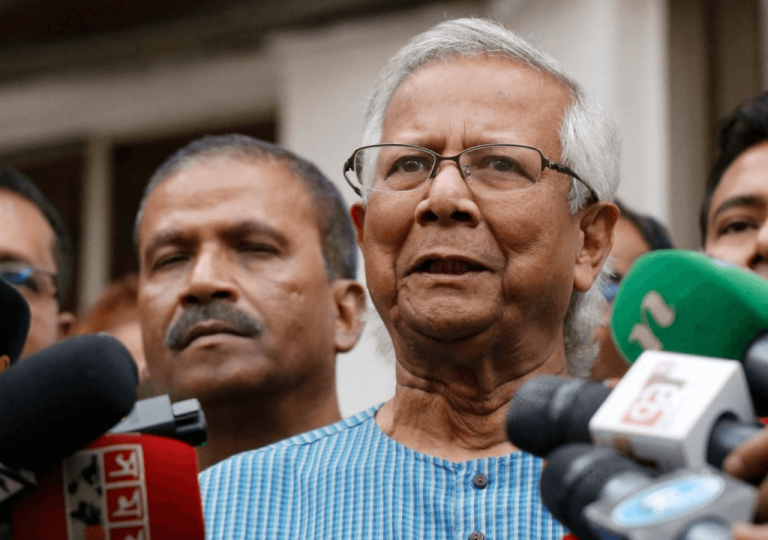
Bangladesh's interim government, led by Muhammad Yunus, faces challenges in conducting elections amid ongoing political unrest and reforms
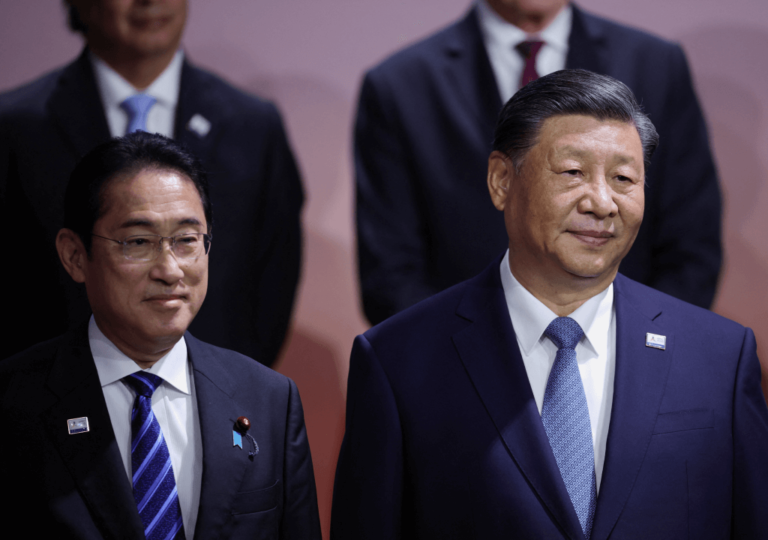
China and Japan's relationship is at a critical low, with tensions escalating amid historical grievances and territorial disputes
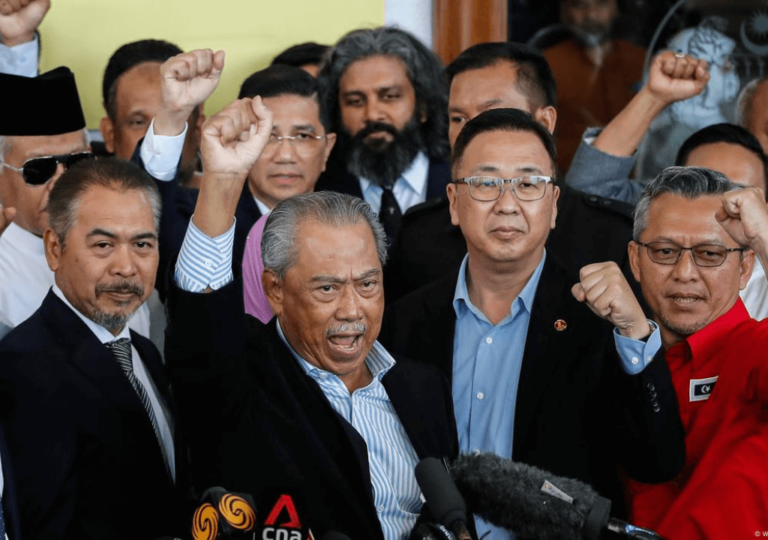
Malaysia charges ex-PM Muhyiddin with sedition over alleged remarks about former king
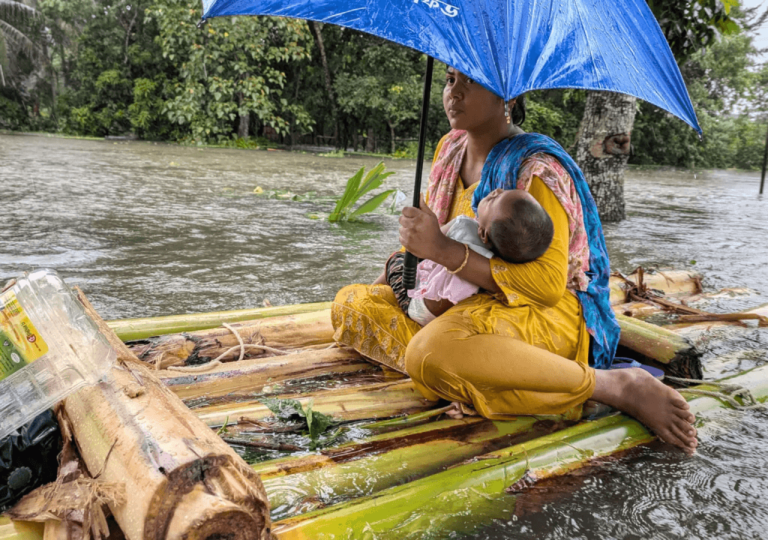
Bangladesh grappling with massive flood affecting over 5 million amid political uncertainties and strained relations with India
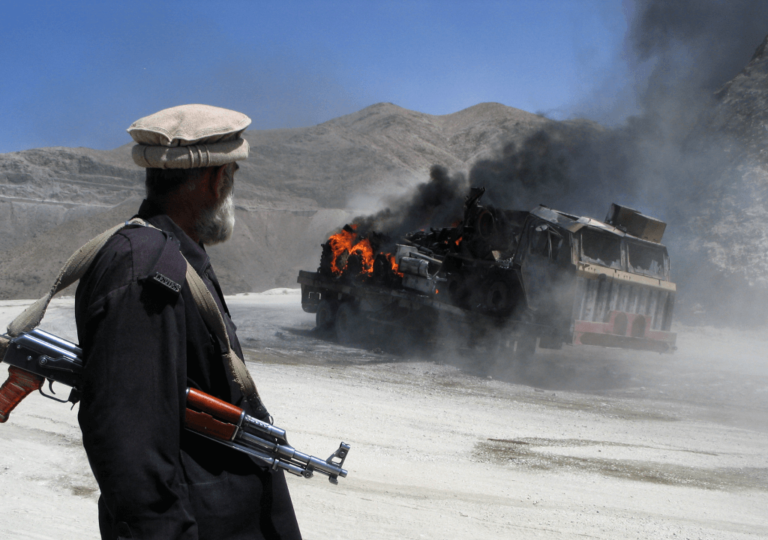
The demand for an independent Balochistan, a state for the Baloch people, has led to conflicts with Pakistan since 1948
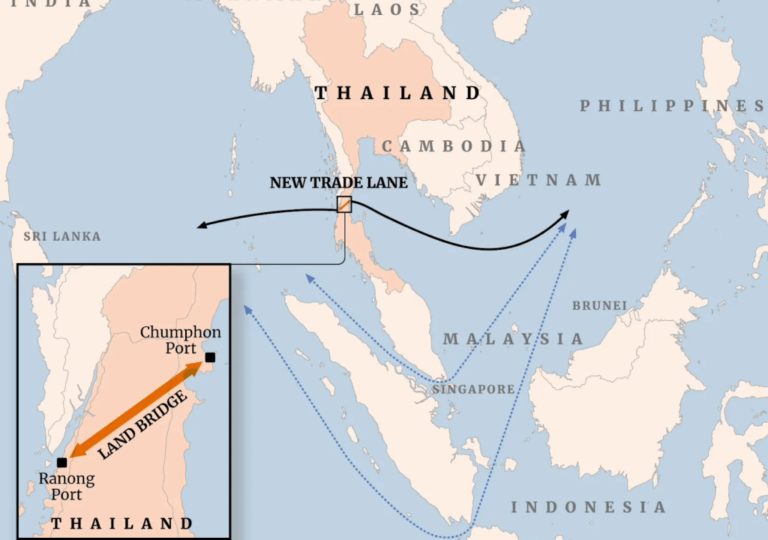
China's strategic interest in the Indian Ocean is growing, influenced by regional alliances and infrastructure projects like the Thai Land Bridge
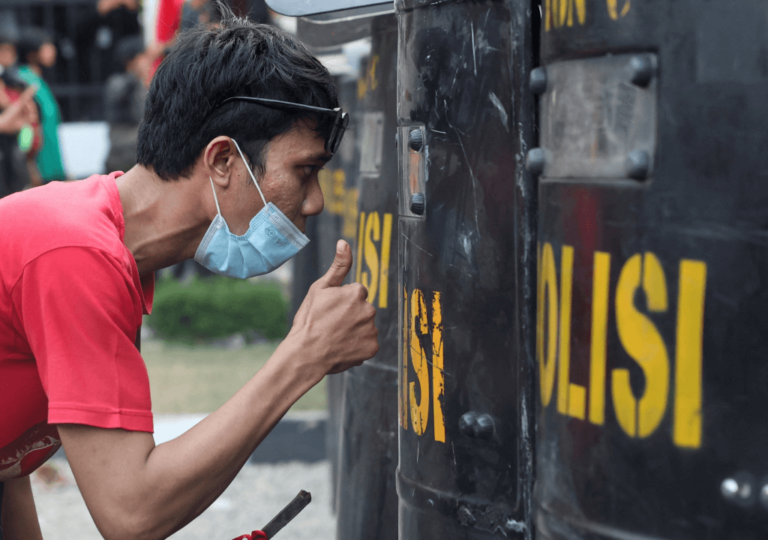
Massive protests erupted in Indonesia against political dynasties, prompting lawmakers to postpone controversial election law revisions